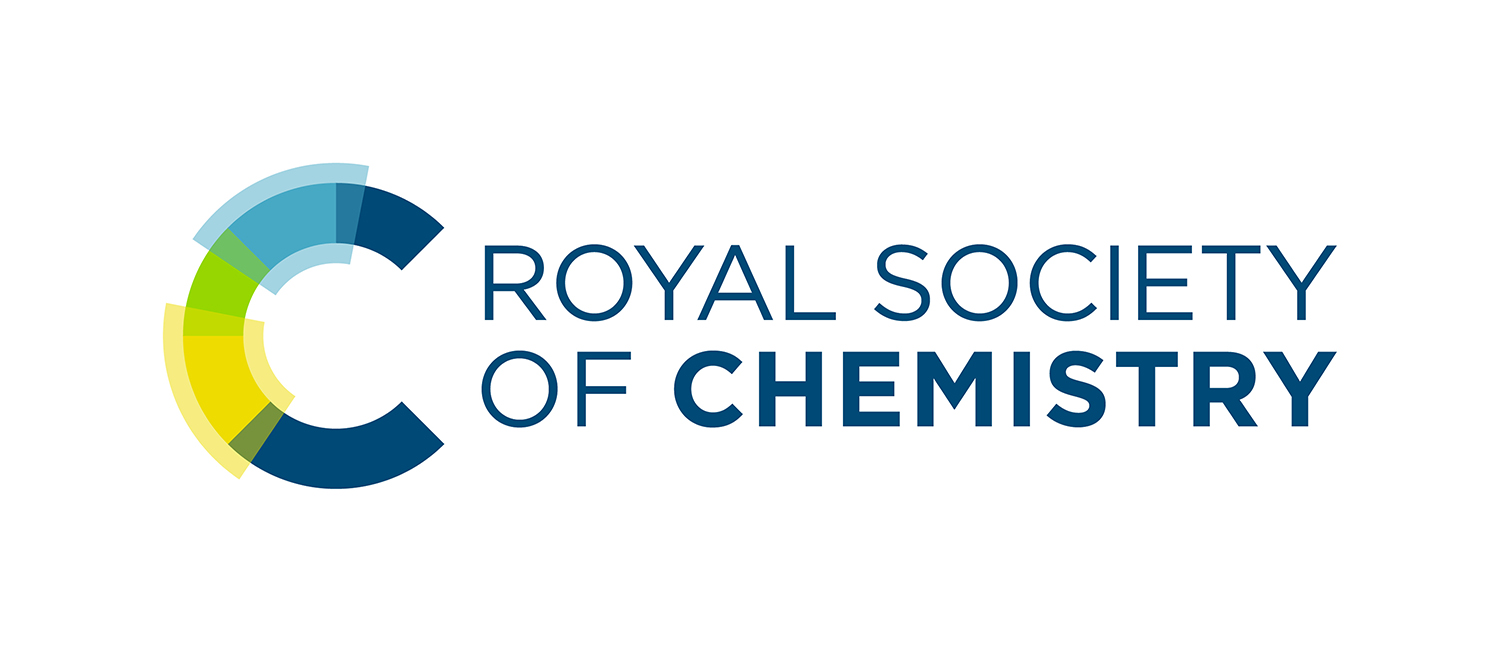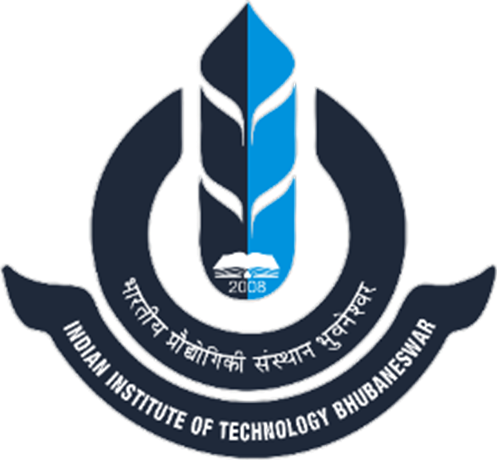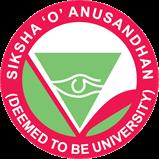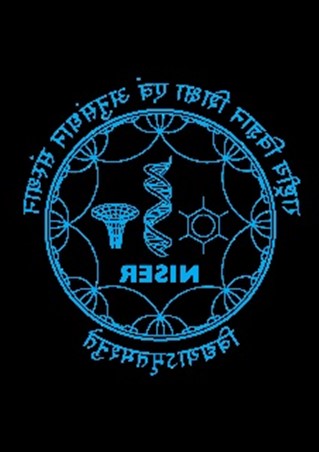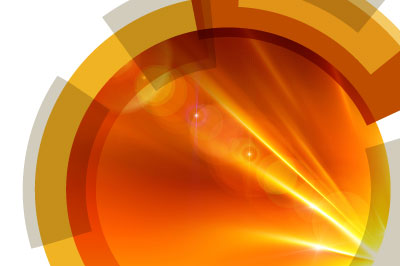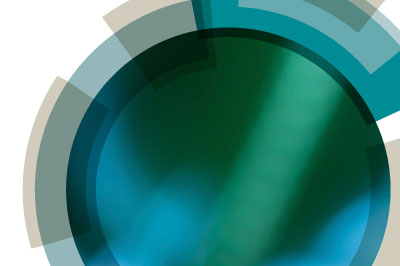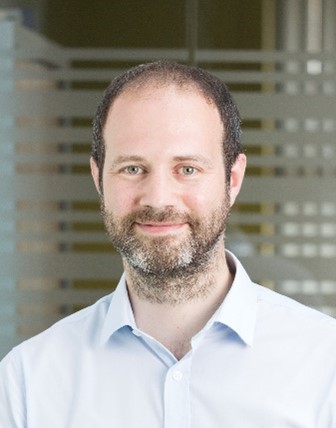 Dr. Jeremy Allen, Royal Society of Chemistry, United Kingdom
Dr. Jeremy Allen, Royal Society of Chemistry, United Kingdom
Jeremy joined the Royal Society of Chemistry in July 2014 as a Publishing Editor, starting on the journals Physical Chemistry Chemical Physics and Nanoscale, before becoming the Deputy Editor for Chemical Science in 2018. At the beginning of 2022, Jeremy became the Executive Editor for Materials Advances and Nanoscale Advances, where he leads on the development of the journals, liaises with the Editorial Boards and oversees the production of articles. He is also the Executive Editor of recently launched journals RSC Applied Interfaces and RSC Applied Polymers. Prior to joining the organisation, he completed a PhD at the University of Bath, UK and worked as a Post-Doctoral Research Assistant at Trinity College Dublin, Ireland. His research focused on the use of computational techniques for modelling reactions on surfaces and understanding the defect chemistry of oxide materials.
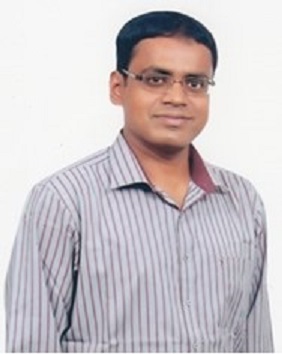 Prof. Subrata Kundu, CSIR-CECRI, India
Prof. Subrata Kundu, CSIR-CECRI, India
Dr Subrata Kundu is a Principal Scientist at the Central Electrochemical Research Institute (CECRI) in Karaikudi, India. He has been recognized as being in the top 2% of scientists worldwide for consecutive years (2020-2022) and was also highlighted as being in the top 5% of highly cited authors in the Royal Society of Chemistry’s journals in 2019. As well as this, Dr Kundu was also listed in the top 3% of highly cited ACS authors in 2019 by the American Chemical Society.
He has published more than 250 research publications in peer reviewed journals, including Journal of the American Chemical Society, Energy & Environmental Science, Chemical Science, Journal of Materials Chemistry A, and Inorganic Chemistry. He is also well-known for his research on the synthesis of metal and inorganic nanomaterials for a wide range of applications, which include electrocatalysis for OER and HER, dye-sensitized solar cells, supercapacitors, and thermoelectric materials. His research also covers analytical and environmental applications and SERS studies.
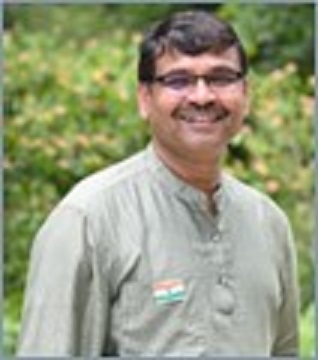 Prof. Akhila Sahoo, University of Hyderabad, India
Prof. Akhila Sahoo, University of Hyderabad, India
Akhila K. Sahoo worked as a postdoc researcher at the RWTH-Aachen-Germany with Prof. Hans-Joachim Gais (2002), Prof. Tamejiro Hiyama, Kyoto University, Japan (JSPS; 2002-2004), and finally with Prof. Atsuhiro Osuka, Kyoto University (2004-2006). He then worked as a scientist at the Sai Advantium Pharma Limited (2006-2007), Hyderabad.
He then joined the School of Chemistry [Assistant Professor (2007-2012), Associate professor (2013-2016)] University of Hyderabad. Currently, he is working as Professor. His research interest revolves in the development of novel transformations on metal-catalysed C-H activation, Au-catalysed synthetic methods, and construction of strained N, and O-rich energetic materials. He is a Member of the Royal Society of Chemistry and Member of the National Academy of Science, India.
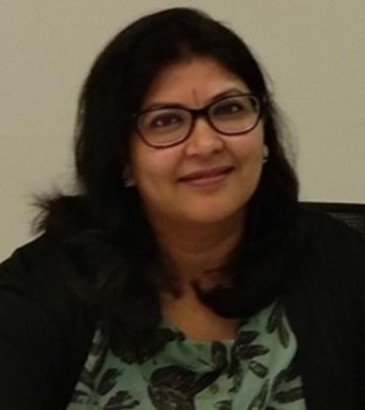 Dr. Aparna Ganguly, Royal Society of Chemistry, India
Dr. Aparna Ganguly, Royal Society of Chemistry, India
Dr Aparna Ganguly completed her graduation and post- graduation in Chemistry from University of Delhi and subsequently obtained her PhD in Materials Chemistry under the supervision of Professor A. K. Ganguli at IIT Delhi. After a short stint at teaching Physical Chemistry at Central University of Rajasthan, she moved back to the Nanoscale Research Facility, IIT Delhi as a scientist where she worked extensively on porous materials and their applications. In 2014, she joined the Royal Society of Chemistry where she is currently the Editorial Development Manager and manages the journal portfolio and their growth in India. As a part of her role, she works quite extensively with the scientific community, various Indian chemical societies, and researchers across various disciplines of Chemical Sciences and support the journal teams.
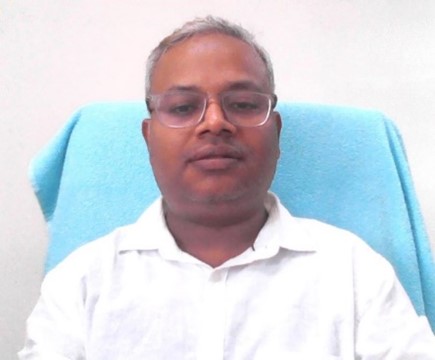 Prof. Umaprasad Ojha, IIT Bhubaneswar, India
Prof. Umaprasad Ojha, IIT Bhubaneswar, India
Prof. Umaprasana Ojha is currently working as a Professor in the Department of Chemistry, IIT Bhubaneswar. Prior to joining IIT, he has worked as a Professor at Rajiv Gandhi Institute of Petroleum Technology, Amethi and Post Doctoral Associate at University of Massachusetts. His research interests are in the area of Covalent adaptable polymers, tough hydrogel design for flexible electronics applications and nanoelectrocatalysis for water splitting and CO2 utilization applications. He has published more than 60 research papers in reputed journals & conference proceedings including Macromolecules, Polymer Chemistry, Chemistry of materials, Advanced functional materials etc and filed 12 national and international patents to his credit. He has handled more than 12 extra-mural projects in areas pertaining to above and offered consultancy services to several Industries. He has delivered invited lectures at several international conferences and workshops such as MACRO, ACS-IAS Joint meet etc. He was invited for Early Career engagement in reputed chemical society. He has received recognition for teaching from IIT Bombay and RGIPT. He is a Life/regular member of American Chemical Society, Material Research Society India, IIChE and Society of Polymer Science India.
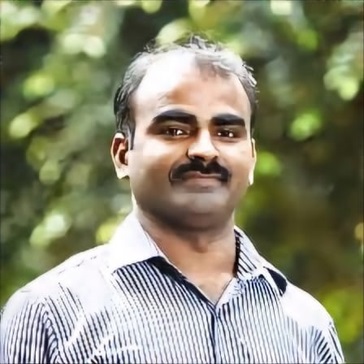 Prof. Sharanappa Nembenna, NISER Bhubaneswar, India
Prof. Sharanappa Nembenna, NISER Bhubaneswar, India
Professor Sharanappa Nembenna was born in Karnataka and earned his PhD from Goettingen University, Germany, under the supervision of Prof. Dr. Herbert W. Roesky. He then worked as a postdoctoral research associate at Monash University, Melbourne, with Prof. Cameron Jones from 2008 to 2010. In 2010, he joined the School of Chemical Sciences at NISER Bhubaneswar as an Assistant Professor, and since 2018, he has served as an Associate Professor. His research focuses on the synthesis and reactivity of complexes with low-valent and/or low-oxidation-state main group metals and metal-catalysed organic transformations.
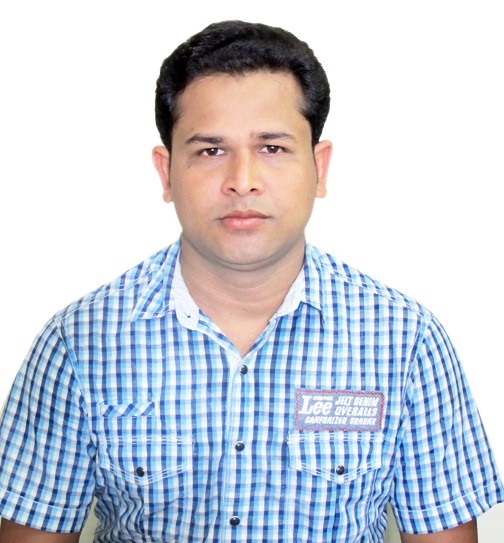 Dr. Brundabana Naik, Siksha 'O' Anusandhan, India
Dr. Brundabana Naik, Siksha 'O' Anusandhan, India
Dr. Brundabana Naik is currently working as an Associate Professor in the Department of Chemistry, Siksha ‘O’ Anusandhan Deemed to be University Bhubaneswar. He joined SOA in Feb 2016 as an Assistant Professor in Chemistry. Priorly, Dr. Naik has worked as a Postdoctoral Research Fellow at SCALE Laboratory, Korea Advanced Institute of Science and Technology, Republic of Korea under Prof. Jeong Young Park in cutting-edge nanocatalysis and surface science for three years (2012-2015). He pursued his Ph.D. at IMMT Bhubaneswar and Utkal University Bhubaneswar under the supervision of Dr. K.M. Parida in visible light active nano TiO2-based photocatalysis. He obtained his Master degree from Sambalpur University in 2005.
Dr. Naik’s research focuses on nano cutting-edge photocatalyst fabrication and their applications in clean energy generation and environmental clean-up. A numerous core-shell nanostructured catalyst, 0D-2D heterojunction catalysts, and doped nanostructured arrays are investigated for photocatalytic H2 generation, photo-degradation of noxious pollutants and photo-redox transformation to produce fine chemicals. He is a recipient of IBS Fellow by Govt. of Republic Korea and early career researcher by SERB India. He has published 39 internationally reputed research articles, 2 book chapters and filed 4 patents. A good number of citations (about 2103) with h index of 24 and i-10 index of 31 reflects the contribution of Dr. Naik in cutting edge catalytic research. He has served secretary and co-convener of 3 international/national conferences. He has served reviewer of many reputed journals of Nature Publishing Group, ACS, RSC, Wiley and Elsevier publications.











